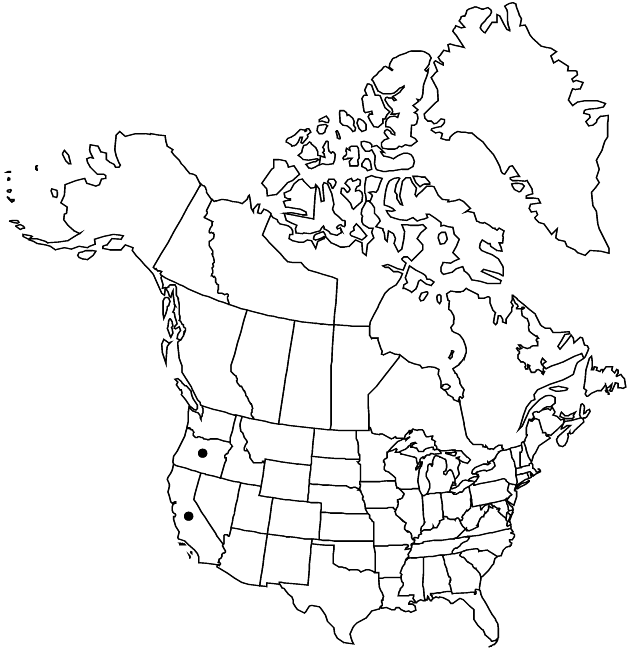Difference between revisions of "Pyrrocoma racemosa var. racemosa"
FNA>Volume Importer |
FNA>Volume Importer |
||
| Line 43: | Line 43: | ||
|publication year= | |publication year= | ||
|special status= | |special status= | ||
| − | |source xml=https://jpend@bitbucket.org/aafc-mbb/fna-data-curation.git/src/ | + | |source xml=https://jpend@bitbucket.org/aafc-mbb/fna-data-curation.git/src/8f726806613d60c220dc4493de13607dd3150896/coarse_grained_fna_xml/V19-20-21/V20_974.xml |
|tribe=Asteraceae tribe Astereae | |tribe=Asteraceae tribe Astereae | ||
|genus=Pyrrocoma | |genus=Pyrrocoma | ||
Revision as of 15:28, 18 September 2019
Plants 40–70 cm. Stems usually glabrous, rarely tomentulose. Leaves: basal blades oblanceolate to elliptic, 100–250 × 12–25 mm, not thin or succulent, margins entire to denticulate, faces glabrous. Heads in racemiform arrays. Involucres hemispheric, 10–15 × 12–18 mm. Phyllaries: bases pale, green-tipped, margins hyaline, sometimes ciliate, apices erect, faces glabrous. Cypsela faces densely sericeous.
Phenology: Flowering Jun–Oct.
Habitat: Coastal valleys and marshes, neutral or saline soils
Elevation: 0–300 m
Discussion
Variety racemosa is recognized by its robust habit, large heads, racemiform arrays, and occurrence in non-alkaline soils.
Selected References
None.
Lower Taxa
None.
